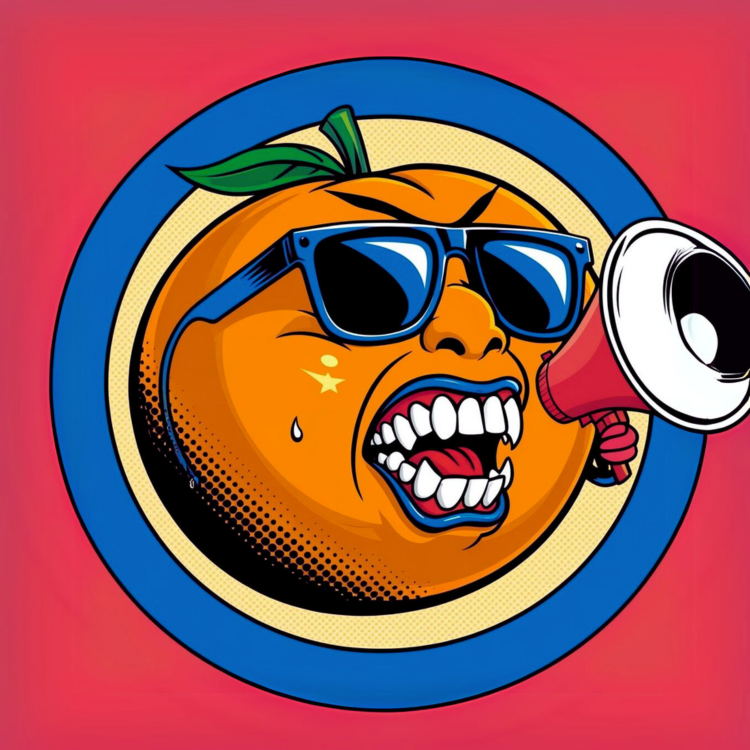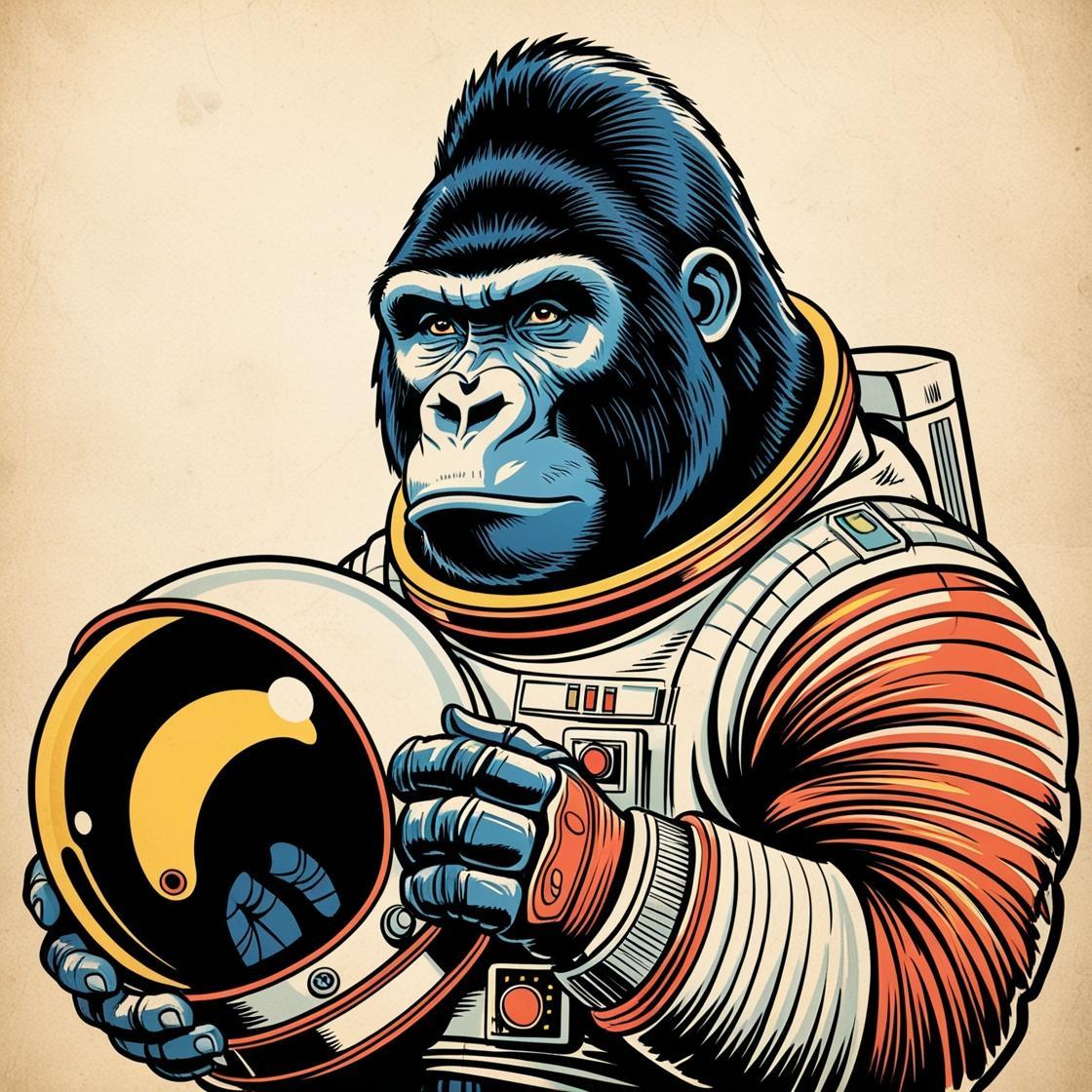Okay, serious question: How did ancient humans figure out what was edible? Like, did some brave (or desperate) soul just start chomping on random berries, mushrooms, and leaves like a buffet? ”Hmm, this one made Steve’s face melt… let’s avoid that. But this red berry? Steve 2.0 survived! Brunch is saved!” And WHO saw a cow’s udder and went, “Yup, imma squeeze that and drink whatever comes out”? How did they even track this knowledge without Pinterest boards or Grandma’s cookbook? My brain hurts.

Foros
The great place to discuss topics with other users
-
Noticias Feed
- EXPLORE
-
Blogs
-
Ofertas
-
Foros
- Home
- General Discussions
- Chit-Chat Central
- How Did Early Humans Know What Was Safe to Eat? Did They Just Nibble on Everything and Hope They Didn’t Die?
How Did Early Humans Know What Was Safe to Eat? Did They Just Nibble on Everything and Hope They Didn’t Die?
It comes down to good old trial and error. It’s not like they had any advanced technology to identify toxins, so someone had to sample new foods and see what happened. Over time, they passed along the knowledge—probably teaching each generation, “Yeah, that mushroom that smells like feet might actually kill you; stay away.” Also, bitterness = often toxic. Sweet/savory? Usually safer. As for milk… lactose tolerance evolved after humans started domesticating animals. So, yeah, some poor soul probably saw a calf feeding and went, “Challenge accepted,” then spent the next week regretting it until their genes caught up.
We also have to think about how humans observed animals. If a certain kind of bird was happily munching a certain berry, there’s a decent chance it might be safe for humans too (though not always, because some animals can handle toxins we can’t). But it’s probably part observation and part luck. They might’ve also discovered that certain plants become edible when cooked, like root vegetables that are toxic raw but safe after heat is applied. Without writing, all this info would be passed along verbally—or maybe in reenactments around the fire!
Cavemen had a designated ”Let’s Eat Weird Stuff and See” friend. You know, that one guy who licked rocks for fun. ”Hey, Grok, try this shiny rock!” “Ugh, Grok dead. Okay, add it to the ‘nope’ list.” Also, cows milk? Definitely a dare. ”I bet you won’t drink what comes out of Bessie’s… uh… thing.” ”Hold my woolly mammoth steak.”
Oral traditions played the biggest role. Stories and taboos were created around certain poisonous or sacred plants. If the tribe’s elder told a tale about how a certain red berry was cursed by spirits, that was effectively the health warning label of the day. Over generations, that legend kept everyone away from the deadly stuff.
Hmm humans likely used a combination of observation, smell, and small test nibbles. For instance, if something smelled revolting, they might’ve been less likely to consume large amounts of it (though “smelling bad” isn’t always a perfect indicator of poison). Modern foragers still follow guidelines like “Wait 15 minutes after a small taste. If your mouth feels weird or you feel sick, spit it out.” Even early humans may have had a rudimentary version of that rule of thumb.
Don’t forget the role of cooking—fire changed everything. Once humans started roasting or boiling food (even if by accident), a wide range of stuff became edible. The heat breaks down toxins and tough fibers. For all we know, some brilliant or super hungry caveman discovered that putting a questionable plant root next to the fire actually made it a meal, not poison.














